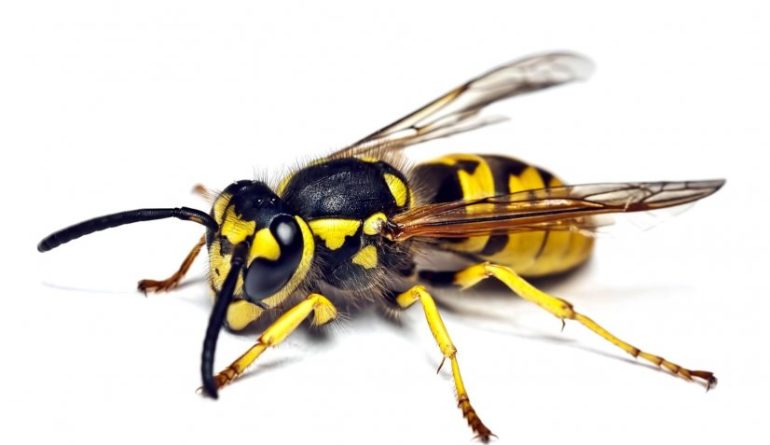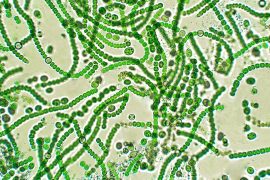Photo: Ayupov Evgeniy_stock-adobe.com
Wasp stings are dangerous for allergy sufferers.
Wasp stings are always very painful and often non-allergic people also develop swelling at the site of the sting. However, if there is a specific allergy to insect venom, the consequences are more severe. In this case, symptoms are no longer limited to the site of the sting, but lead, depending on the severity, to life-threatening respiratory arrest, to facial swelling or cardiac problems.
For those who are allergic to insects, it is therefore necessary to take very special precautions to avoid contact with biting insects as far as possible.
Pest protection in the home environment
The German Allergy and Asthma Association (DAAB) recommends allergy sufferers to keep windows closed at home or, alternatively, to install insect screens. It should be noted that insect screens ensure that the entire window is closed. For example, simple fly nets still provide many opportunities for sliding. A rigid insect screen for windows, for example, provides greater protection in that the fly screen is firmly enclosed in a frame that closes completely to the sides. Immovable equipment also makes it possible, for example, to be able to open windows for ventilation in summer without exposing oneself to the risk of stabbing.
Tips to stay away from home
On the other hand, widespread prevention is more difficult outdoors, as 100% pest protection is not possible here. However, the risk of being stung can be reduced. For example, allergy sufferers should avoid eating outside food and avoid scented body care products so as not to attract biting insects with certain odors. Hands and mouth should also be washed after eating food. If a wasp or bee approaches, it is advisable to remain calm and move slowly to a protected area.
Despite all the precautions, an emergency kit should always be with you so that in case of injury you can respond quickly with the measures learned earlier during training. For example, appropriate training programs may be requested from the relevant health insurance company or family doctor. If symptoms persist after a sting despite using an emergency kit, you should always go to the nearest hospital or doctor’s office.
Desensitization to reduce symptoms of life-threatening allergies
An insect bite allergy can severely limit quality of life in everyday life. For example, while dangerous reactions to food allergies can be prevented relatively well by carefully avoiding certain foods, encountering biting insects outdoors is not so easily avoided. As soon as wasps or bees appear in the vicinity, staying outside can become a strenuous affair.
For those affected, desensitization or so-called specific immunotherapy (SIT) offers a way to reduce risk. Small amounts of insecticide are administered by syringe at intervals. Over time the immune system gets used to the low dose of venom and the response to insect venom also diminishes. Therapy lasts about three to five years. Since protective measures inside and outside the home can be gradually reduced, the course of treatment may be discussed with the treating doctor.

Web guru. Amateur thinker. Unapologetic problem solver. Zombie expert. Hipster-friendly travel geek. Social mediaholic.





